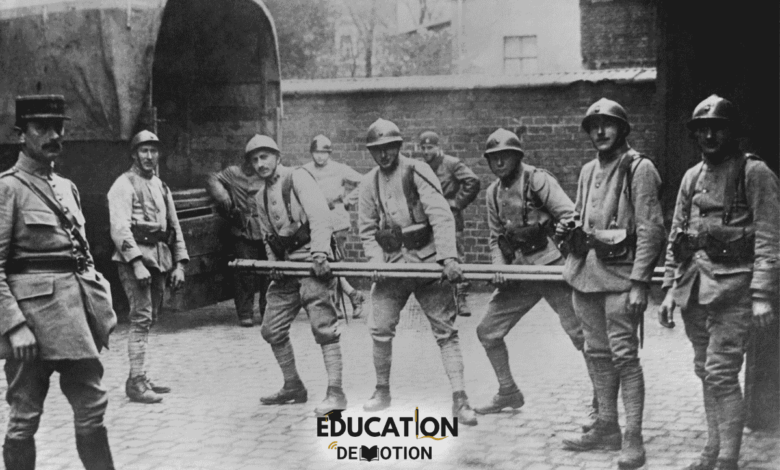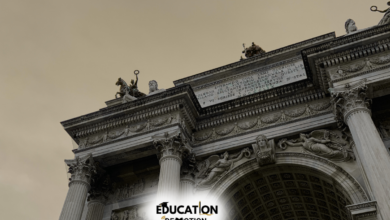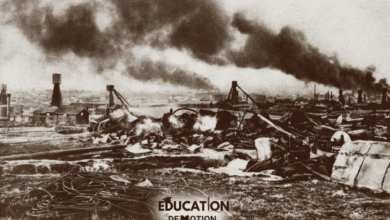America In WW1 Crash Course Us History: Global History

World War 1 (WW1) was a defining moment in global history, and America’s entry into the war marked a turning point in both the conflict and its own trajectory as a global power. Initially, the United States maintained a policy of neutrality, but various factors including unrestricted submarine warfare and the infamous Zimmermann Telegram forced its hand. This blog provides a crash course in US history during WW1, examining America’s involvement, contributions, and the war’s aftermath.
America’s Path to WW1
Why Did the US Enter WW1?
At the outbreak of WW1 in 1914, the United States stayed neutral, focusing on economic growth. However, tensions escalated due to:
- Unrestricted Submarine Warfare: Germany’s U-boats attacked American merchant ships.
- The Zimmermann Telegram: A secret German proposal urging Mexico to attack the US was intercepted.
- Economic Ties: The US had financial and trade interests with the Allies.
By April 1917, President Woodrow Wilson declared war on Germany, shifting the US from isolationism to global intervention.
America’s Military and Economic Contributions
Once involved, the US played a crucial role in the war’s outcome. Key contributions included:
- Troop Deployment: Over 4 million American soldiers were mobilized.
- Economic Support: The US supplied weapons, food, and financial aid to the Allies.
- Technological Advancements: Innovations in warfare, such as tanks and aircraft, accelerated due to American involvement.
Impact of WW1 on the United States
Social and Political Changes
America’s participation in WW1 led to significant societal transformations:
- Women’s Roles Expanded: Women joined the workforce in large numbers, leading to the eventual push for voting rights.
- The Great Migration: African Americans moved north for industrial jobs, reshaping demographics.
- The Espionage and Sedition Acts: These laws limited free speech, sparking debates on civil liberties.
The Treaty of Versailles and US Foreign Policy
Although President Wilson played a vital role in drafting the Treaty of Versailles, the US Senate rejected it. Instead, America embraced isolationism, avoiding involvement in future European conflicts.
Legacy of America in ww1 crash course us history
The war marked America’s emergence as a global power. While it initially returned to isolationism, WW1 laid the groundwork for its leadership role in future international affairs.
Conclusion of America in ww1 crash course us history
America’s involvement in WW1 was a turning point in its history, reshaping domestic policies and global influence. This crash course in US history reveals how the war propelled the nation into its modern superpower status.





Barbaros Hayrettin Paşa su kaçak tespiti Pratik Çözüm: Tesisat sorunlarına pratik çözümler sundular. https://www.coaching-konstruktiv.de/?p=600